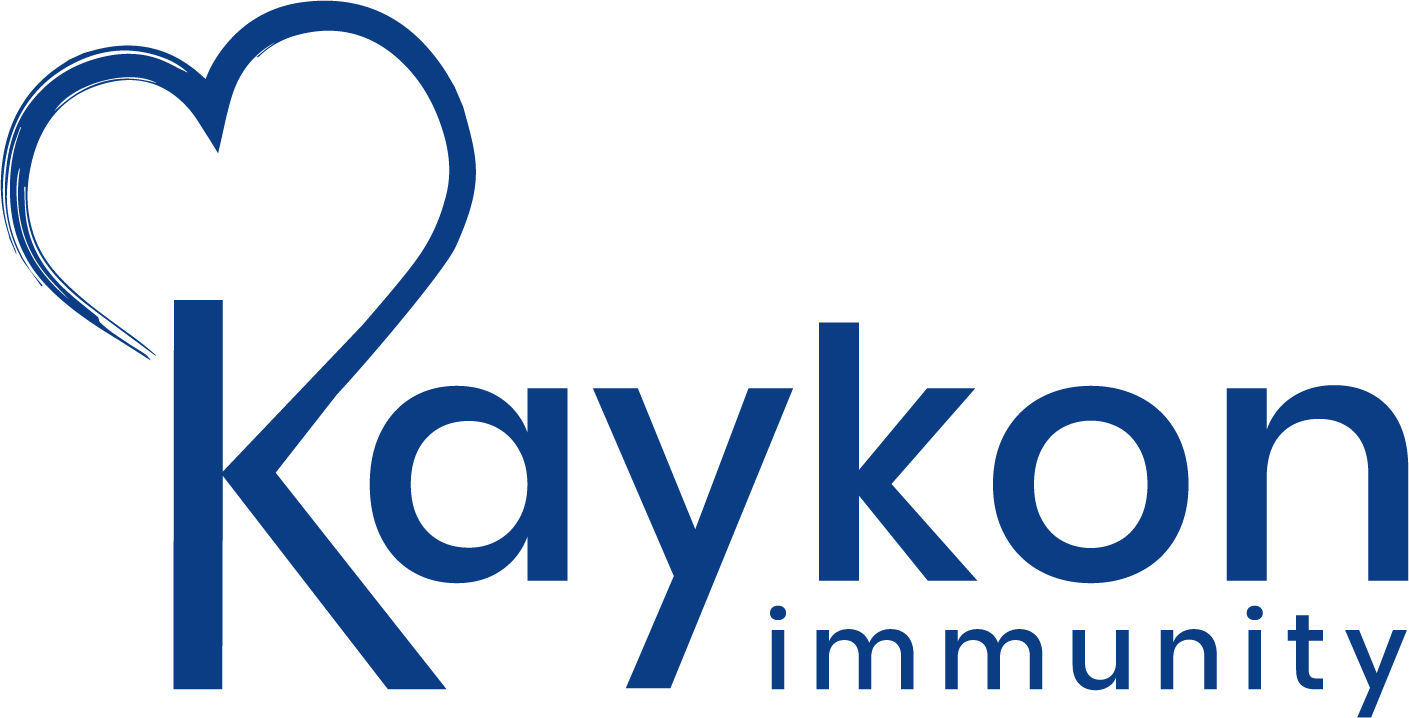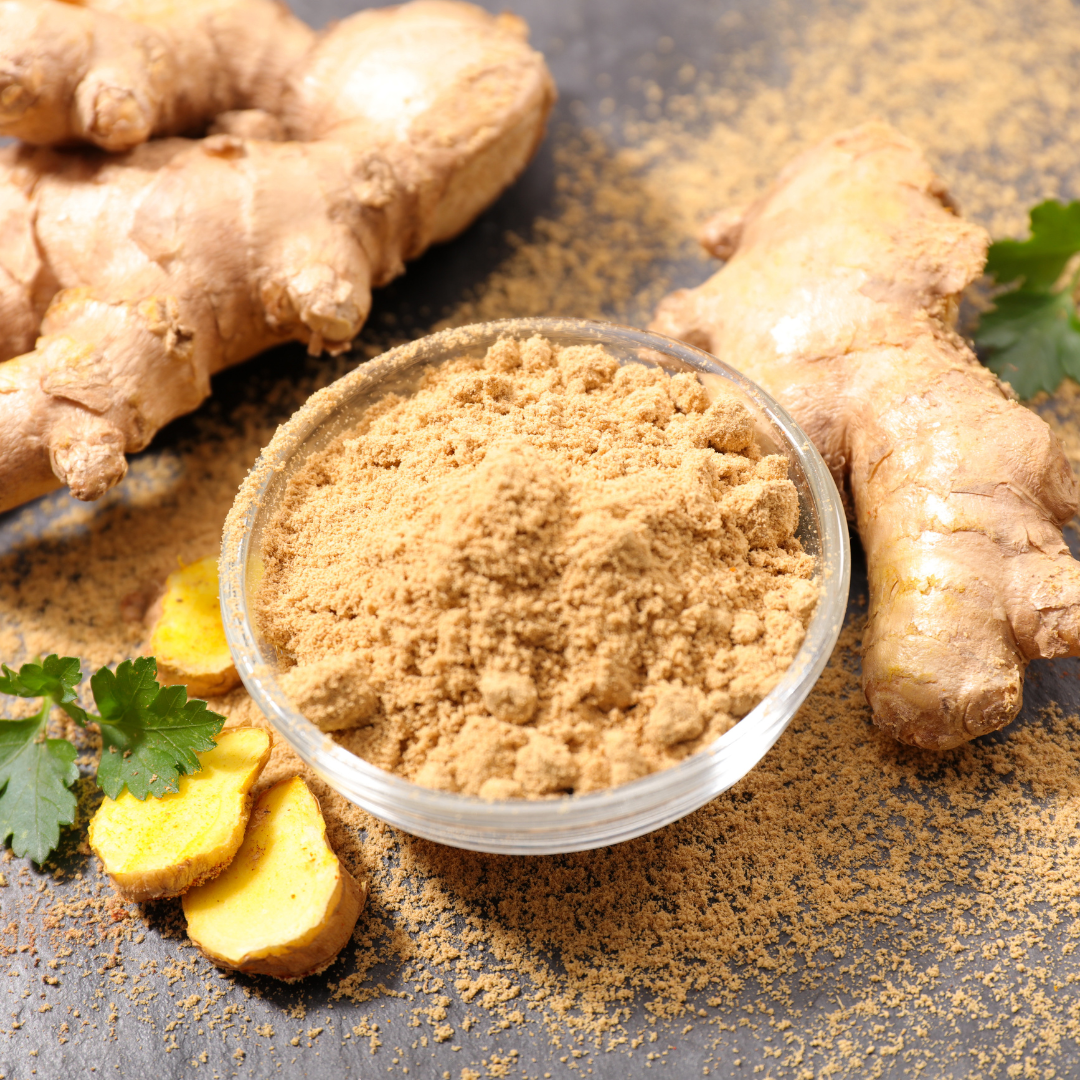Ginger Soothes Suffering of Rheumatoid Arthritis
Your aching, swollen joints are truly making life difficult because they are restricting your activity levels. Discover how ginger, a cheap herbal wonder, may lessen pain and inflammation so you can participate in more of the activities you enjoy by reading on.
Rheumatoid arthritis is an inflammatory condition that affects around 1.5 million Americans (RA). The prevalence of RA is about three times higher in women than in men, and the usual age of onset is between 30 and 60.
Autoimmune illnesses arise when the body's immune system is overactive and targets healthy cells and tissues. In RA, the joints are unintentionally attacked by the immune system.
When the synovium, the tissue that lines the inside of joints, expands, the synovial fluid that lubricates and reduces friction between bones and cartilage degrades. The affected joints and the surrounding tissues enlarge and become inflamed as a result.
The circulatory and respiratory systems, as well as specific joints like those in the hands and feet, can all be impacted by RA. Without treatment, RA can permanently damage the cartilage that usually covers bones, ultimately damaging the bones themselves. This may result in severe pain, limited mobility, and possibly irreversible joint deformity.
Due to the severity of potential complications, the majority of doctors suggest early and aggressive therapy to control RA. Fortunately, natural medicines like ginger can help.
Ginger: A Natural Antidote to Inflammation
Ginger is referred to by its scientific name, Zingiber officinale Roscoe, and is a member of the Zingiberaceae family. More than 40 antioxidants have so far been found in ginger rhizome. Ginger is generally considered as safe (GRAS) and is regarded as a traditional treatment for easing stiffness and pain in people with osteoarthritis.
There is no clinical evidence to support the use of ginger as an alternative to or supplement to pharmaceutical medications in the treatment of RA, despite the fact that its therapeutic benefits may be well known. A multidisciplinary team of researchers from Tehran, Iran, sought to fill in this clinical knowledge gap by evaluating the effects of ginger root on immunology and inflammatory markers in patients with active cases of RA.
For this randomized, double-blind, placebo-controlled clinical study, 70 active RA patients between the ages of 19 and 69 were selected. For inclusion, patients had to have had their ailment for at least two years, be on DMARDs (methotrexate, hydroxychloroquine, and prednisolone less than 10 mg daily), and not be using NSAIDs (NSAIDs).
Randomly, participants were split into two groups: ginger or control (placebo). The ginger group received two capsules daily, each containing 750 mg of powdered ginger, whereas the placebo group received similar, inert tablets containing wheat powder that were housed in a ginger box to give them the distinctive ginger aroma. The ginger group received 1500 mg of ginger daily during the 12-week intervention period.
Inflammation and oxidative stress indicators, which may be assessed using a "disease activity score" and the expression of certain genes (NF-B, PPAR-, FoxP3, T-bet, GATA-3, and RORt), are directly linked to the degree of sickness and discomfort from RA. A rheumatologist calculated the disease activity score (DAS28-ESR) using data on the number of sensitive joints, swollen joints, acute phase responses, and 28 joints' self-reported overall health.
These indicators and scores were assessed using quantitative, real-time PCR (polymerase chain reaction) blood tests both before and throughout this treatment intervention.
After the 12-week intervention, there was a substantial reduction in the disease activity score and the expression of the inflammatory genes RORt and T-bet in the group taking ginger supplements. Additionally, the ginger group dramatically raised healthy immunological markers as compared to the placebo group (FoxP3).
Furthermore, the ginger group's significantly enhanced PPAR- gene expression showed improved anti-inflammatory effectiveness. Researchers discovered that ginger can improve quality of life and diminish the symptoms of rheumatoid arthritis by upregulating FoxP3 gene expression and downregulating RORt and T-bet gene expression.
You’re an individual and at KayKon we believe you should have a customized Personalized Wellness Plan created just for you based on your goals and current health conditions. If you’re interested in taking back control of your health and living a life full of energy, vitality, and wellness we urge you to book an initial 15min consultation today!
In Good Health
The Kaykon Team


